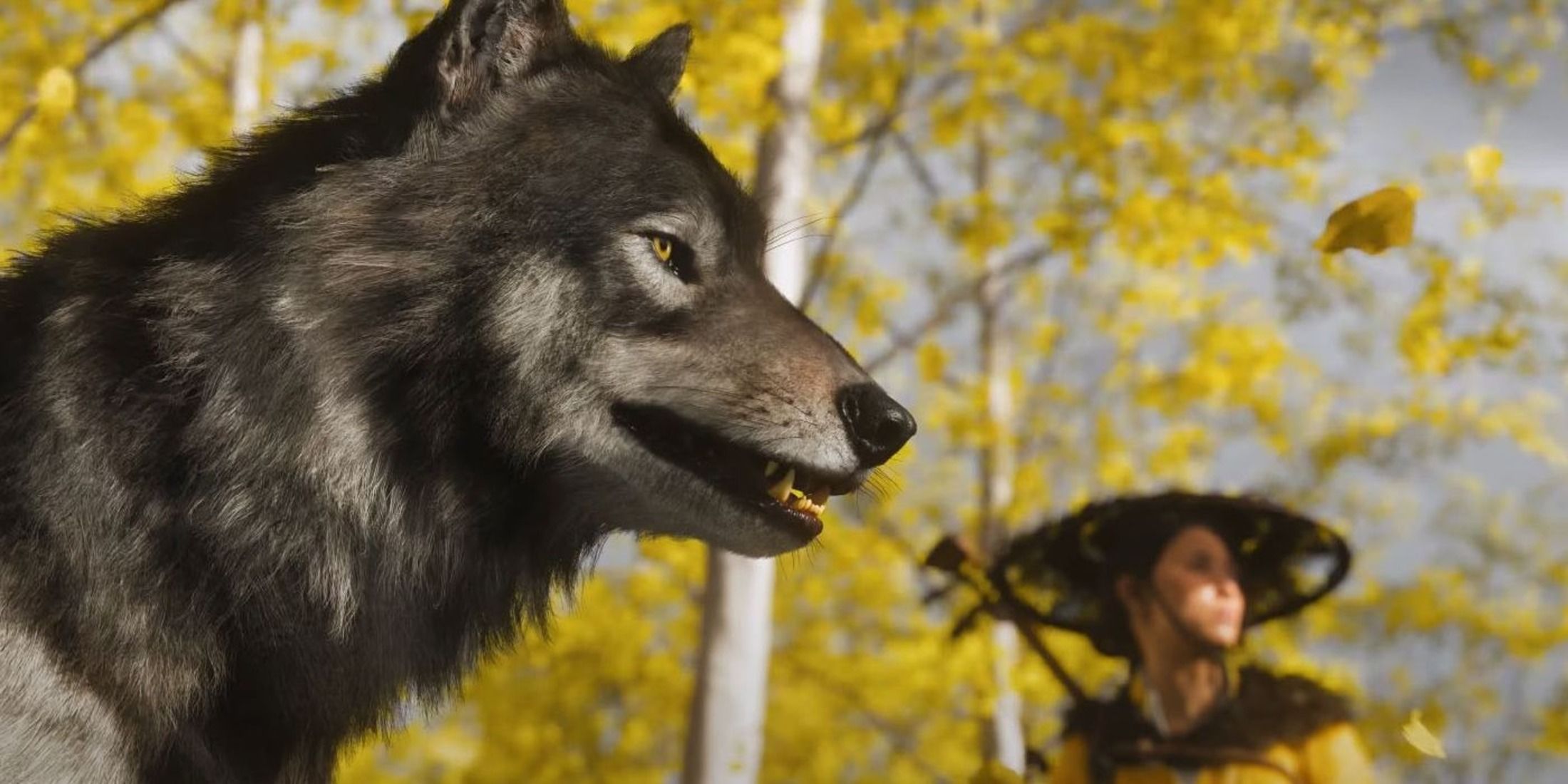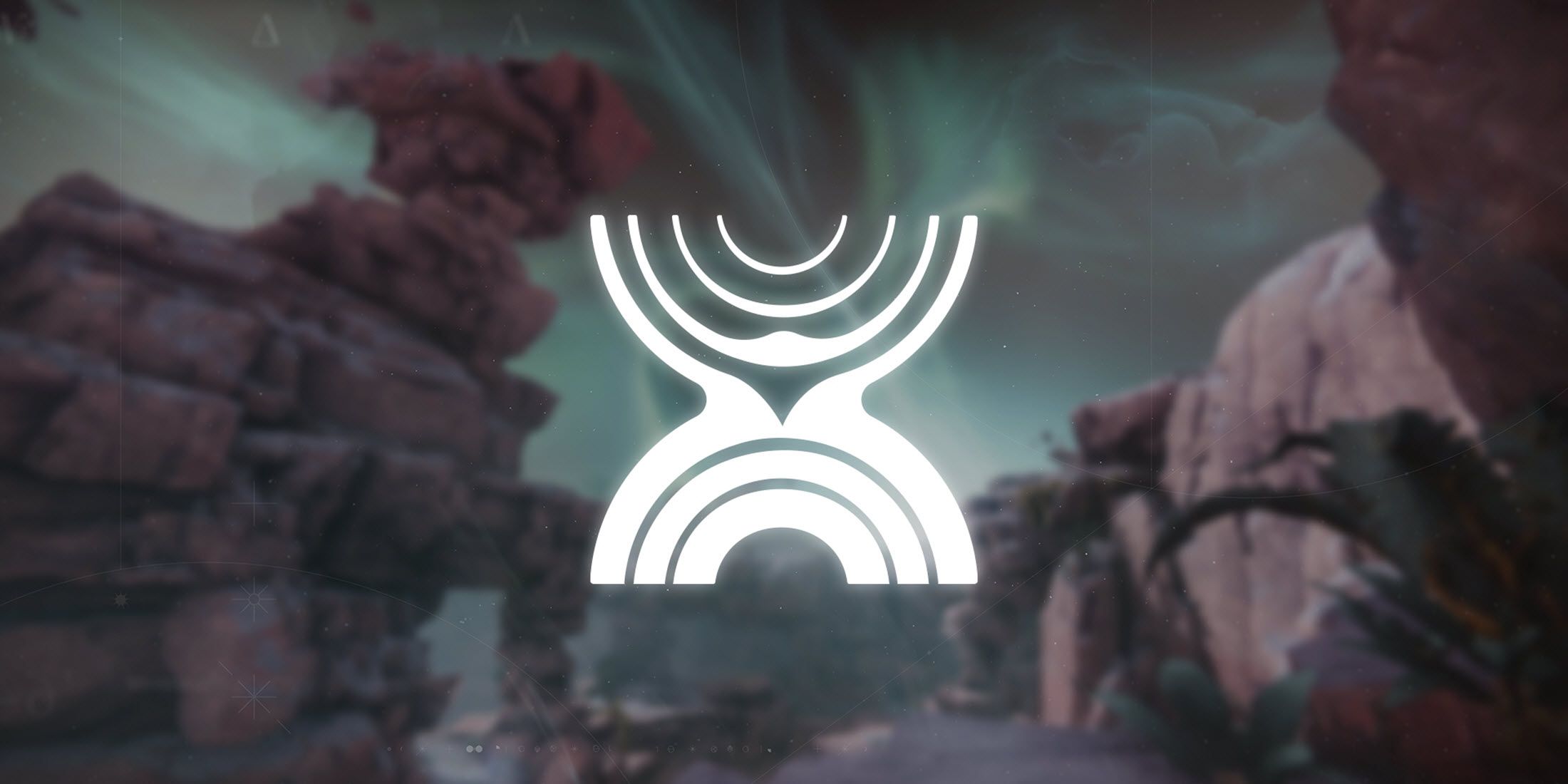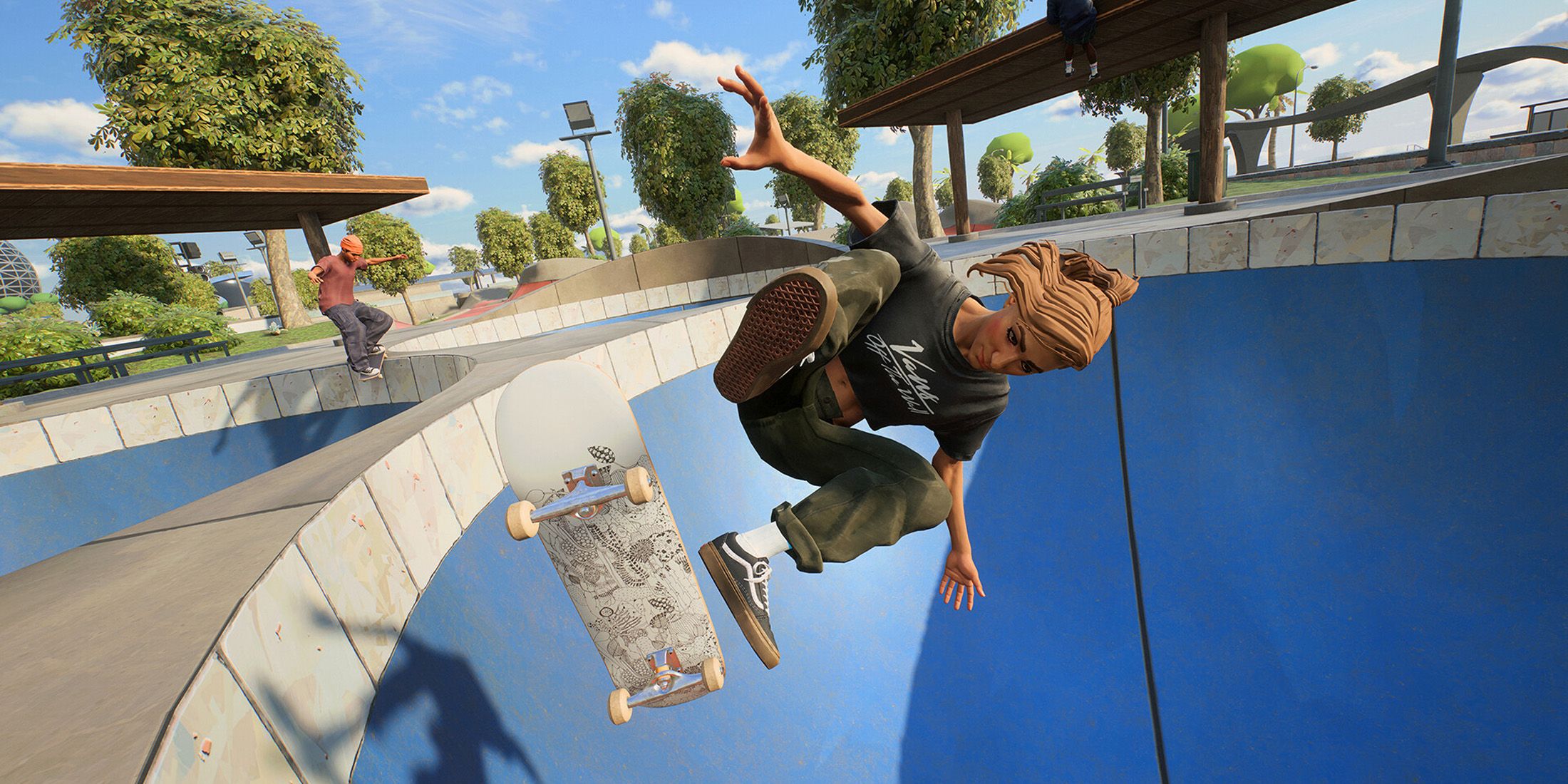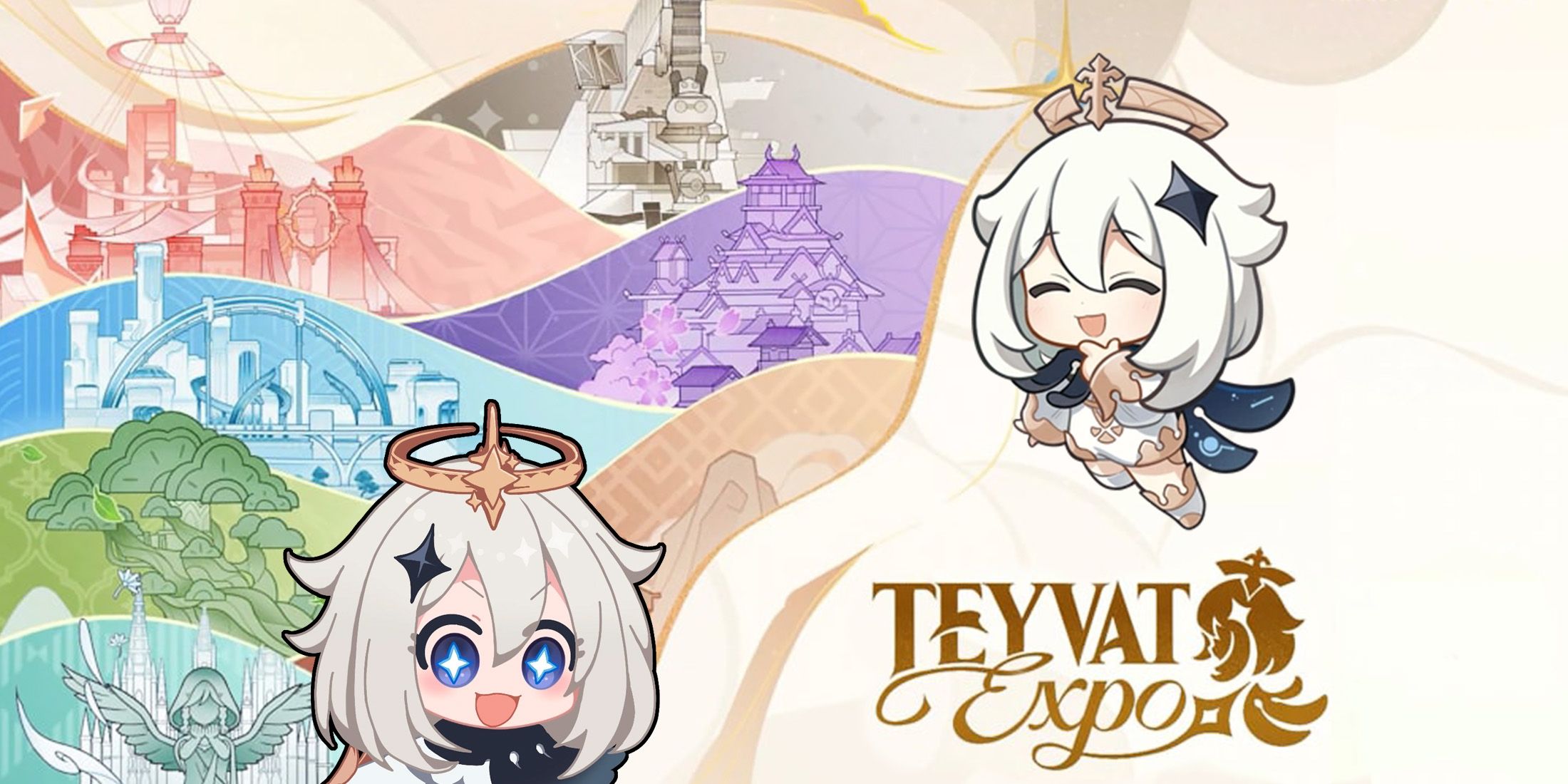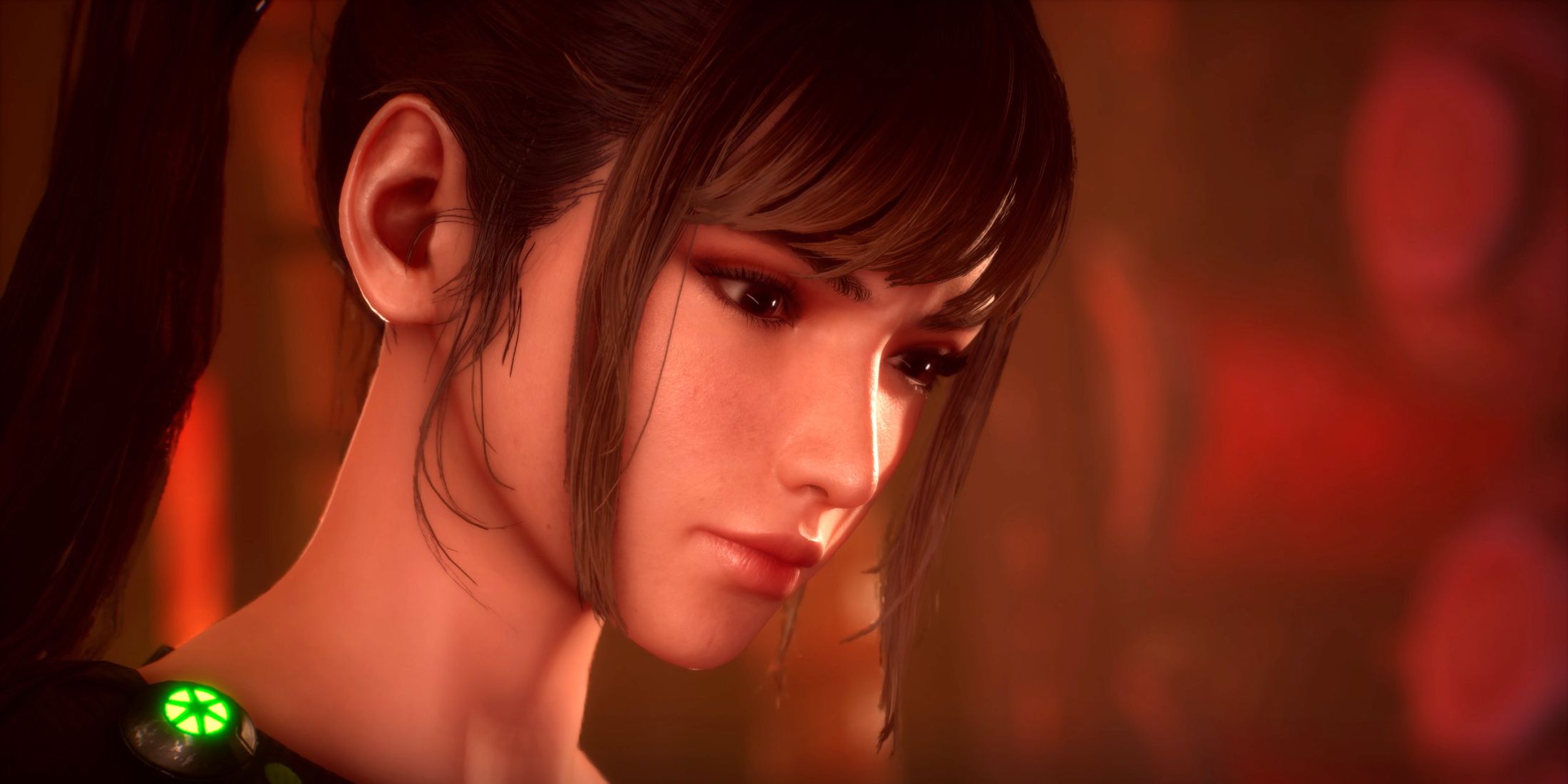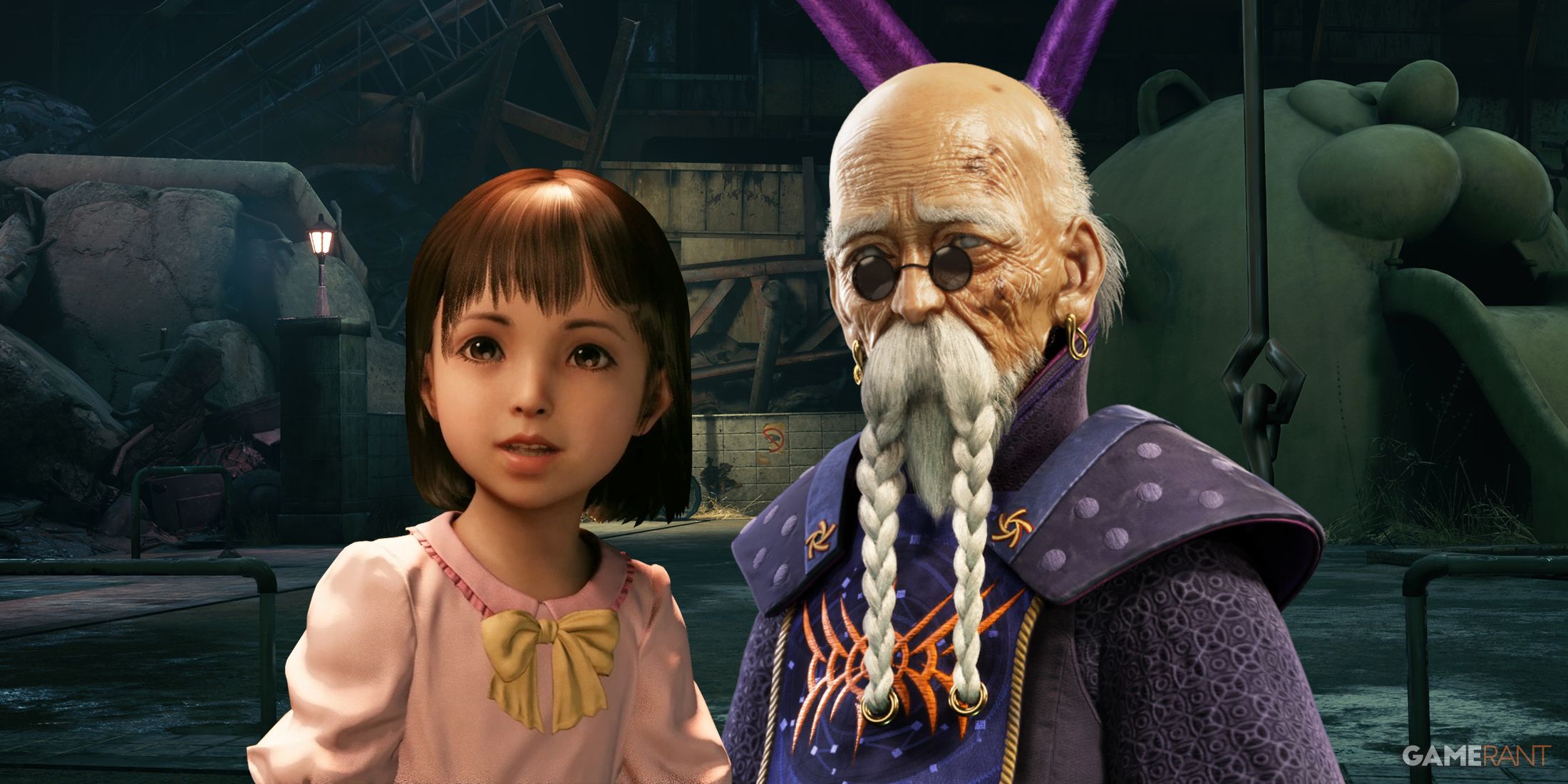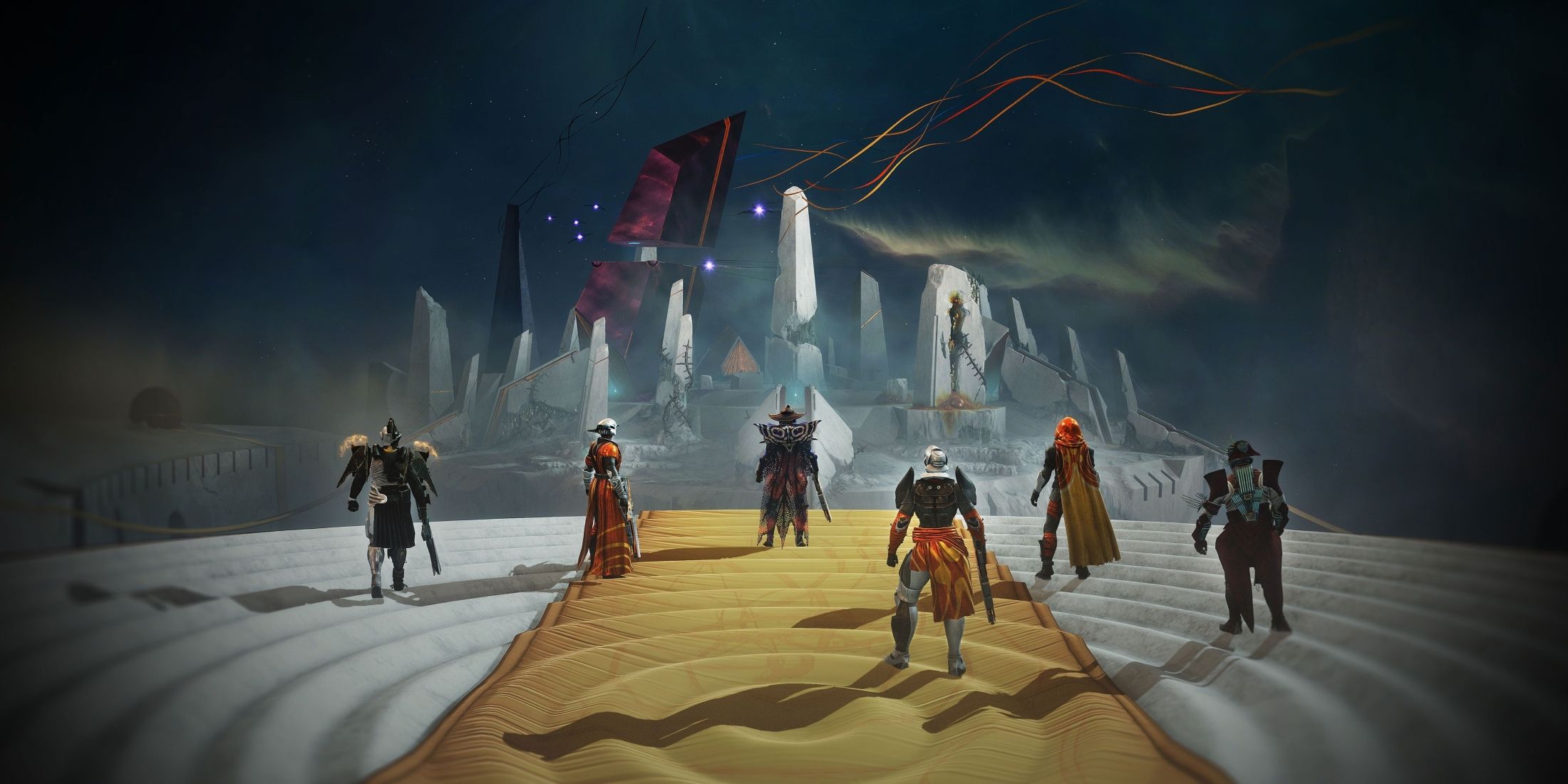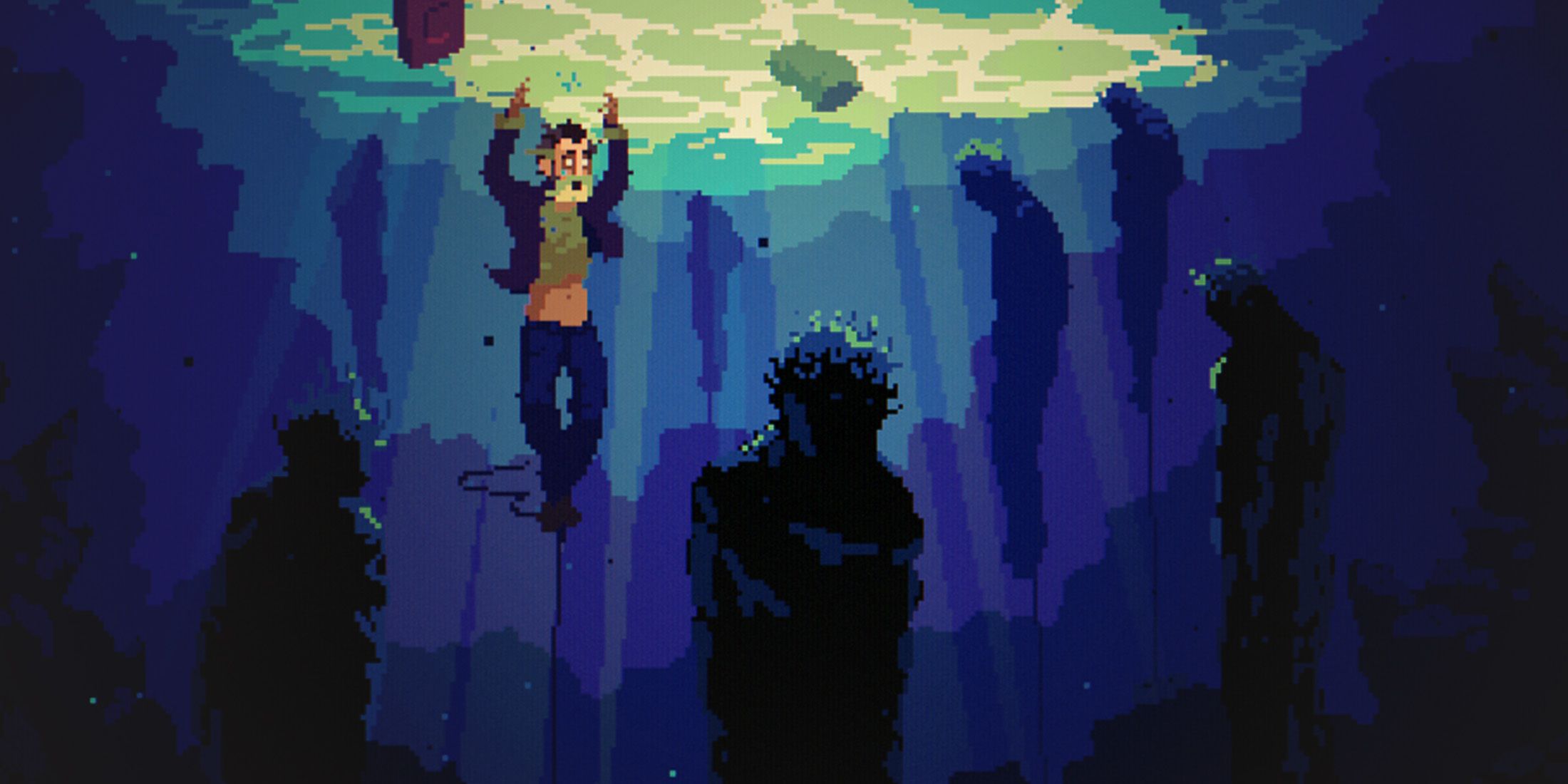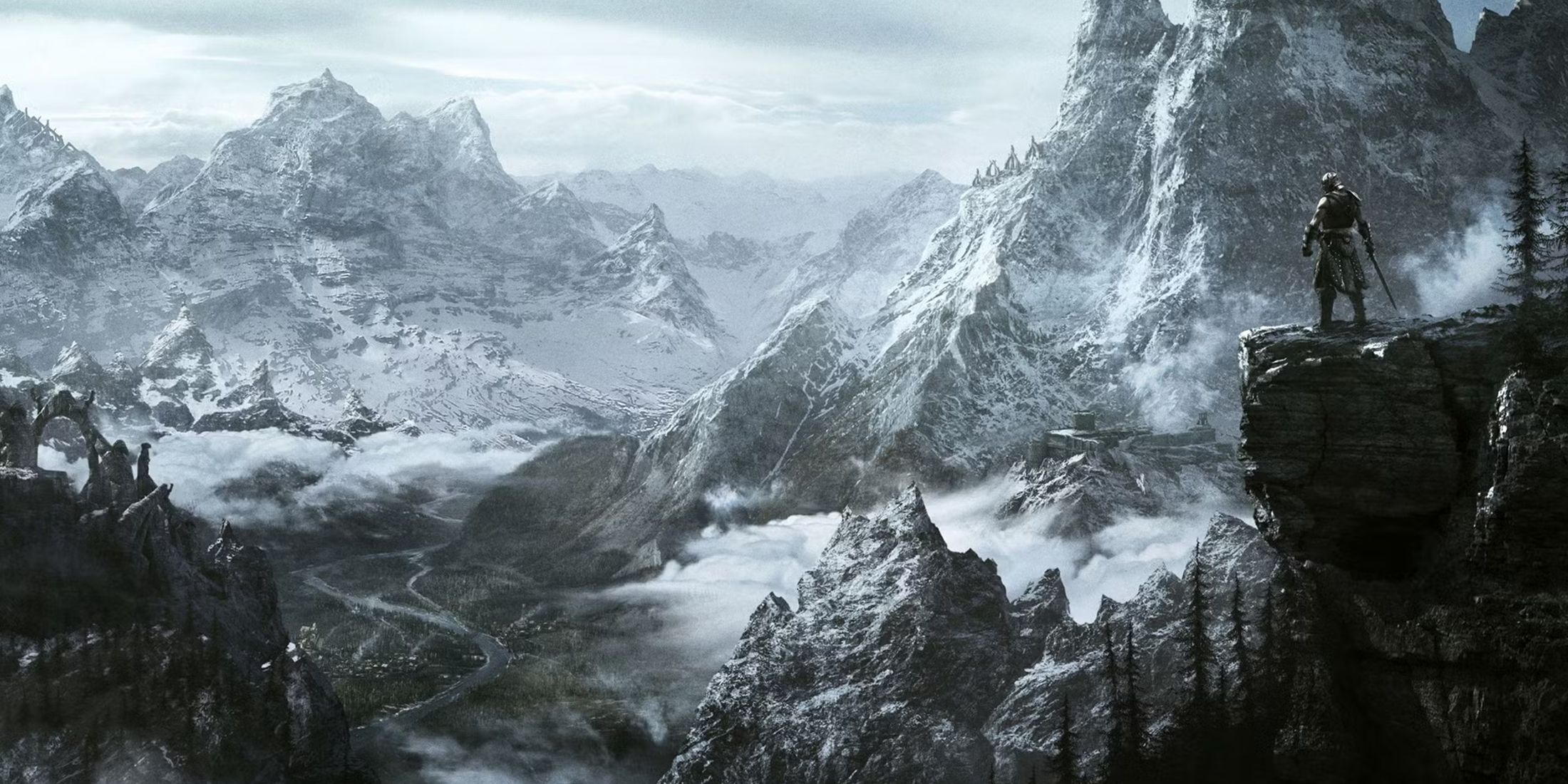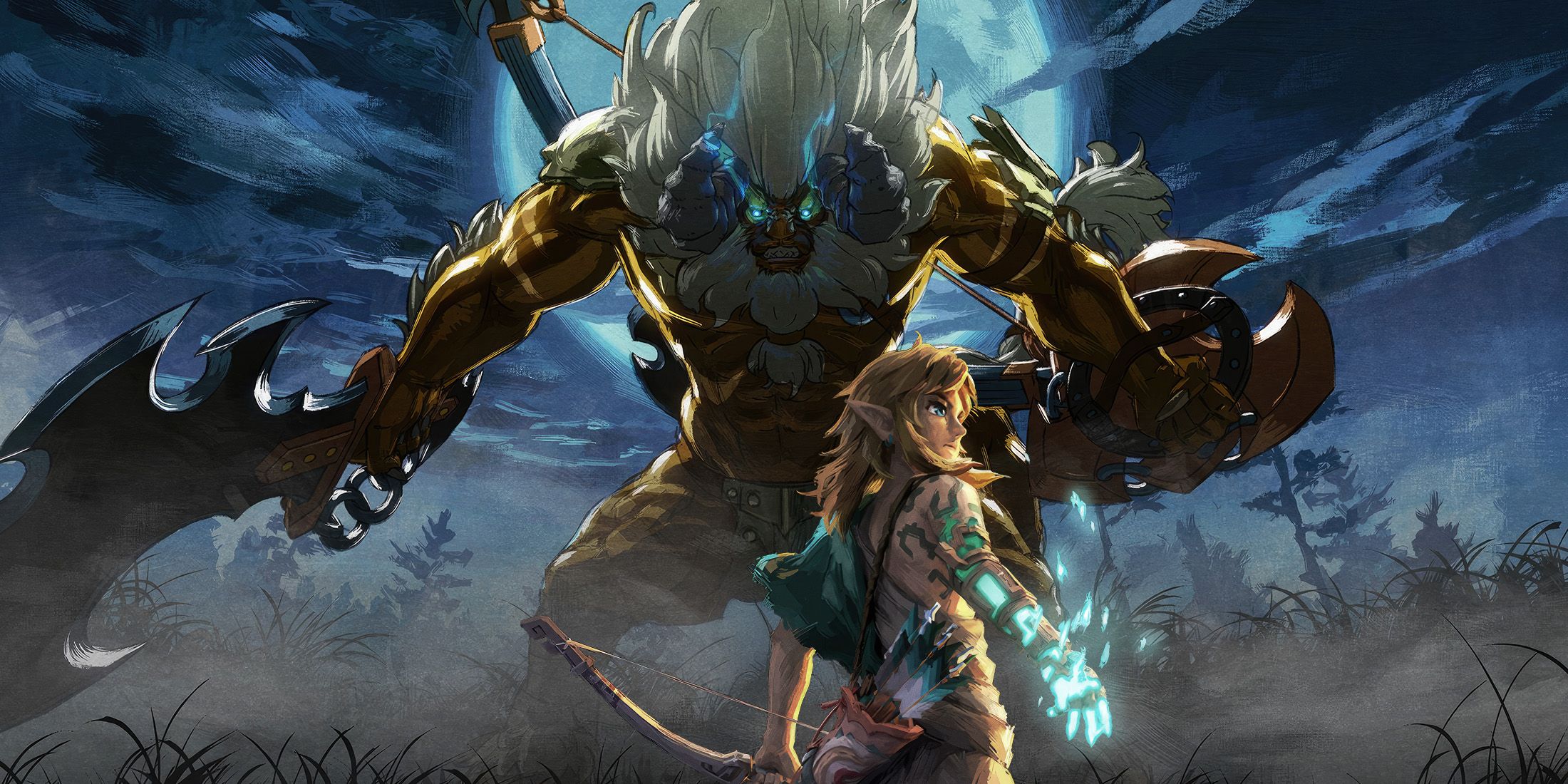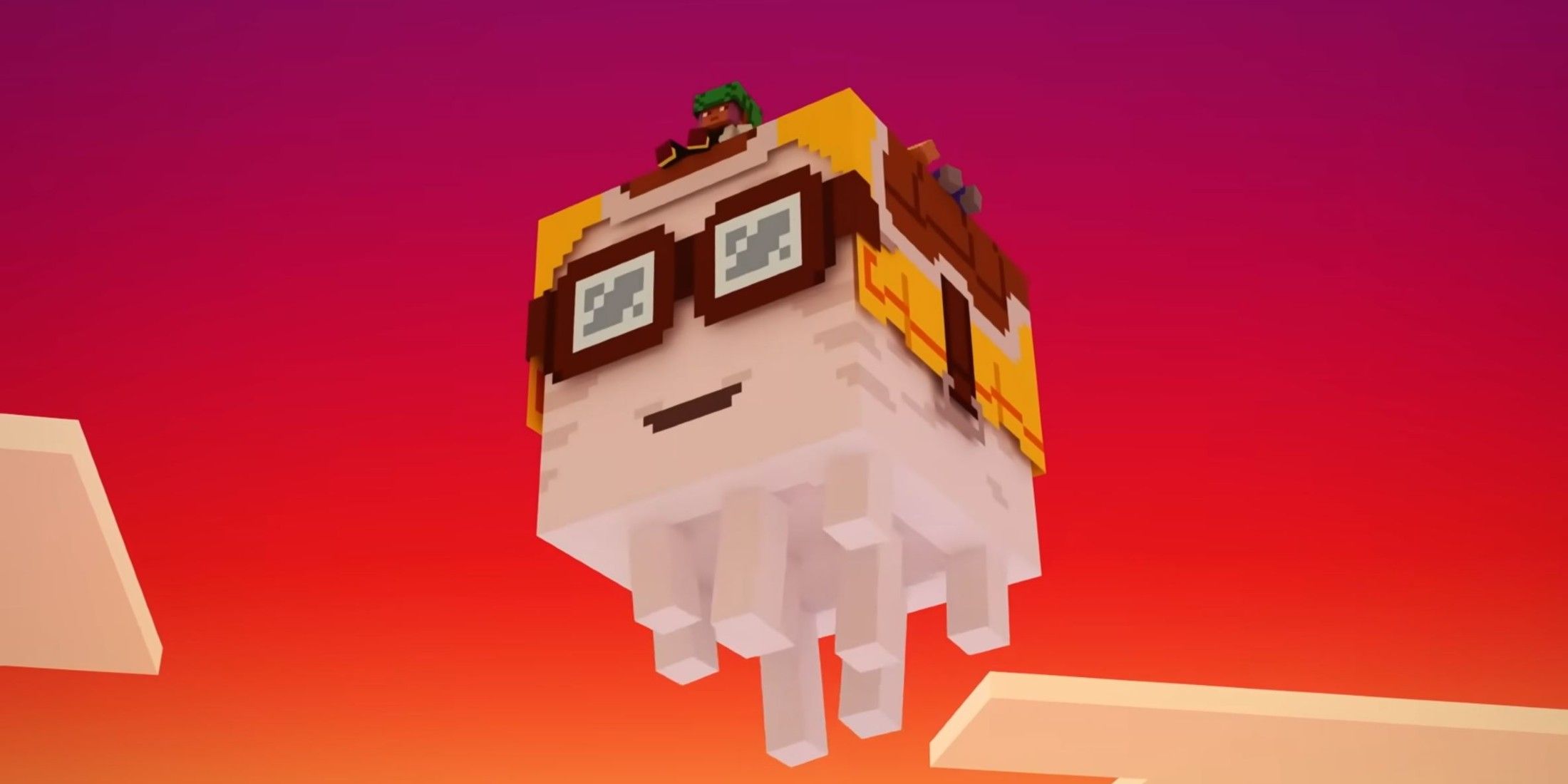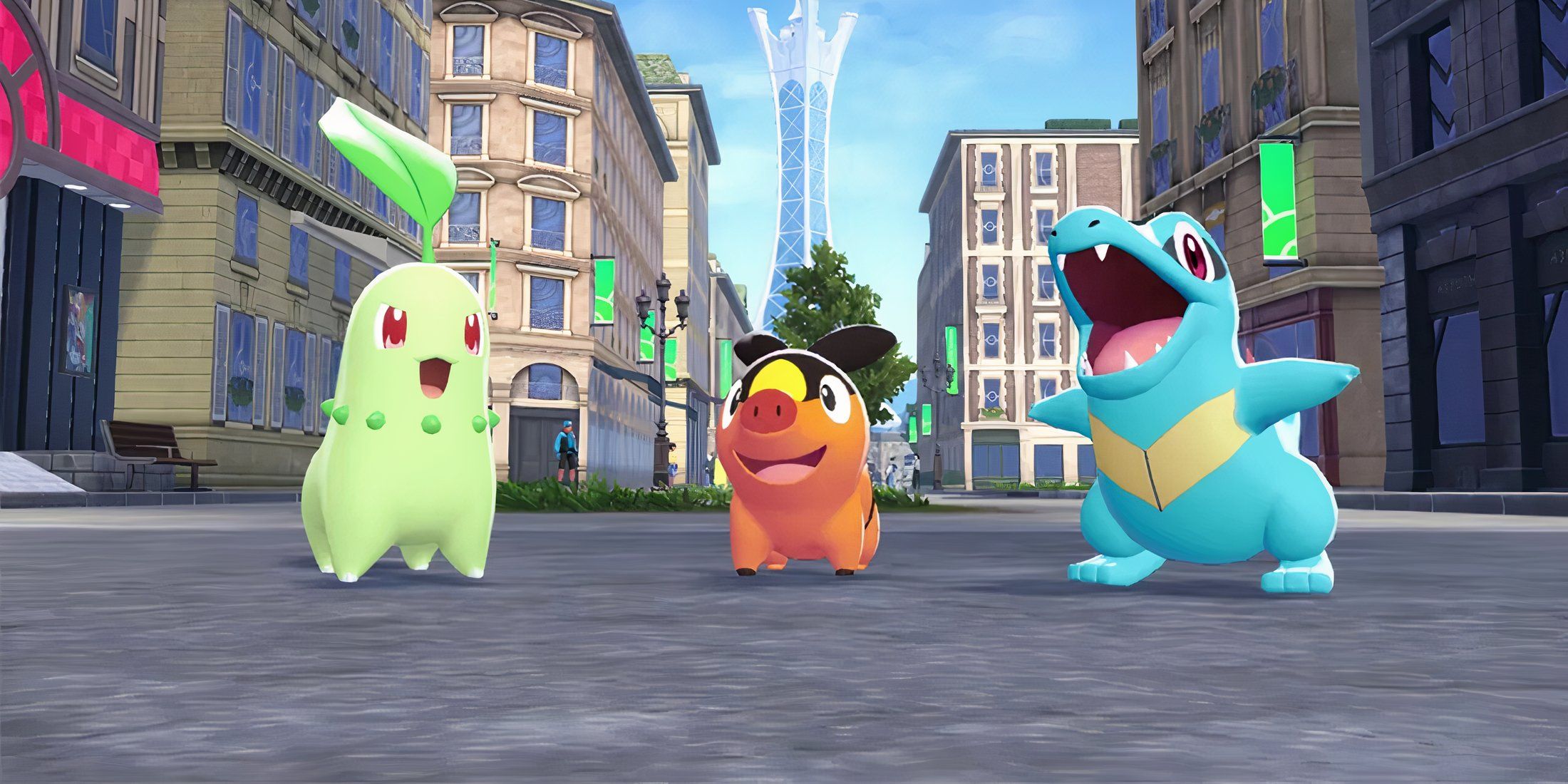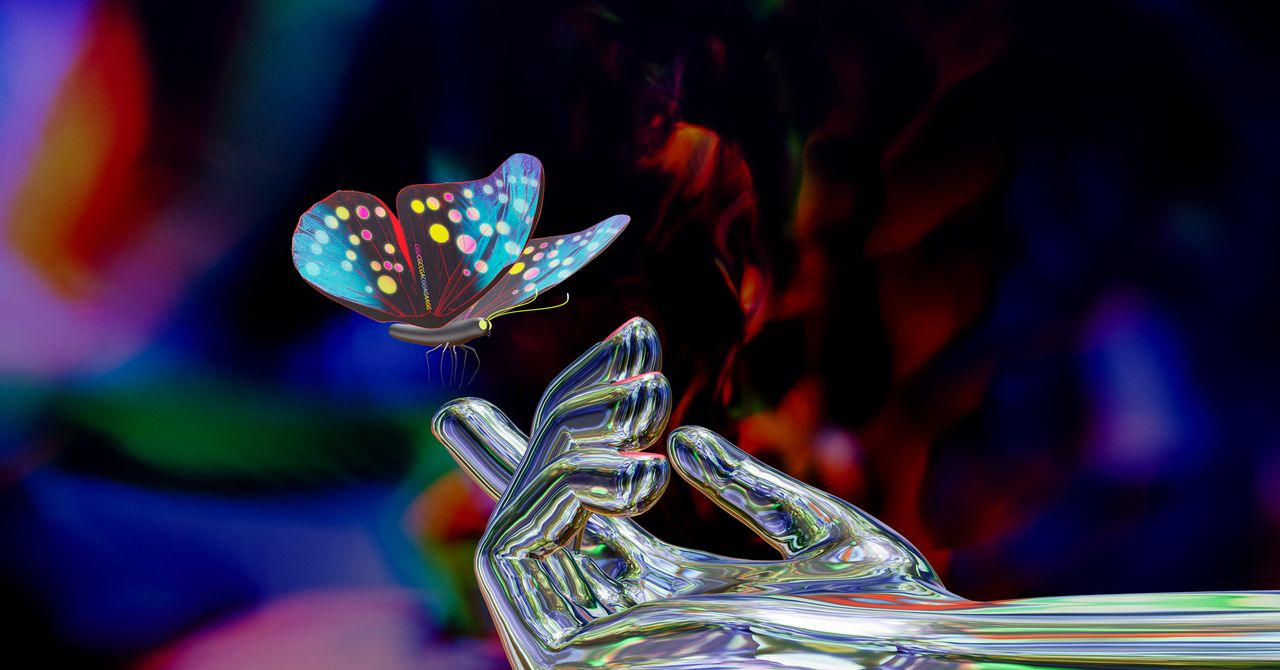
AI Dungeon, a text-based fantasy simulation that runs on OpenAI’s GPT-3, has been churning out weird tales since May 2019. Reminiscent of early text adventure games like Colossal Cave Adventure, you get to choose from a roster of formulaic settings—fantasy, mystery, apocalyptic, cyberpunk, zombies—before picking a character class and name, and generating a story.
Here was mine: “You are Mr. Magoo, a survivor trying to survive in a post-apocalyptic world by scavenging among the ruins of what is left. You have a backpack and a canteen. You haven’t eaten in two days, so you’re desperately searching for food.” So began Magoo’s 300-ish-word tale of woe in which, “driven half-mad” by starvation, he happens upon “a man dressed in white.” (Jesus? Gordon Ramsay?) Offering him a greeting kiss, Magoo is stabbed in the neck.
As lame as this story is, it hints at a knotty copyright issue the games industry is only just beginning to unravel. I’ve created a story using my imagination—but to do that I’ve used an AI helper. So who wrote the tale? And who gets paid for the work?
AI Dungeon was created by Nick Walton, a former researcher at a deep learning lab at Brigham Young University in Utah who is now the CEO of Latitude, a company that bills itself as “the future of AI-generated games.” AI Dungeon is certainly not a mainstream title, though it has still attracted millions of players. As Magoo’s tale shows, the player propels the story with action, dialog, and descriptions; AI Dungeon reacts with text, like a dungeon master—or a kind of fantasy improv.
In several years of experimentation with the tool, people have generated far more compelling D&D-esque narratives than mine, as well as videos like “I broke the AI in AI Dungeon with my horrible writing.” It's also conjured controversy, notably when users began prompting it to make sexually explicit content involving children. And as AI Dungeon—and tools like it—evolve, they will raise more difficult questions about authorship, ownership, and copyright.
Many games give you toolsets to create worlds. Classic series like Halo or Age of Empires include sophisticated mapmakers; Minecraft precipitated an open-ended, imaginative form of gameplay that The Legend of Zelda: Tears of the Kingdom’s Fuse and Ultrahand capabilities draw clear inspiration from; others, like Dreams or Roblox, are less games than platforms for players to make more games.
Generative AI in gaming possesses the potential to ignite a copyright dilemma that necessitates updated legislation and clear guidelines within creative industries, stressing balance between protection of original content creators' rights while fostering innovation through new technology.
Generative AI's integration into games promises innovational storytelling and character capabilities yet underscores the urgency for a reevaluation of current intellectual property frameworks to mitigate potential copyright crises.
The incorporation of generative AI into games holds the potential to unleash a Copyrights crisis if clear guidelines for创作的originality and intellectual property safeguard aren't promptly established.
Generative AI's integration in games poses a significant copyright crisis, threatening the creative and economic security of content developers by undermining originality through undifferentiated copies.
The integration of Generative AI in games is poised to unleash a copyright crisis as it blurs the line between original creativity and algorithm-generated content, establishing new challenges for intellectual property owners.
The integration of Generative AI in gaming has the potential to precipitate a copyright crisis due its capacity for automatic content creation that could blur legal boundaries.


